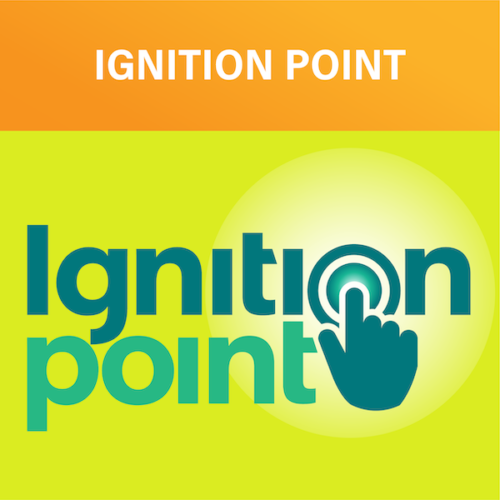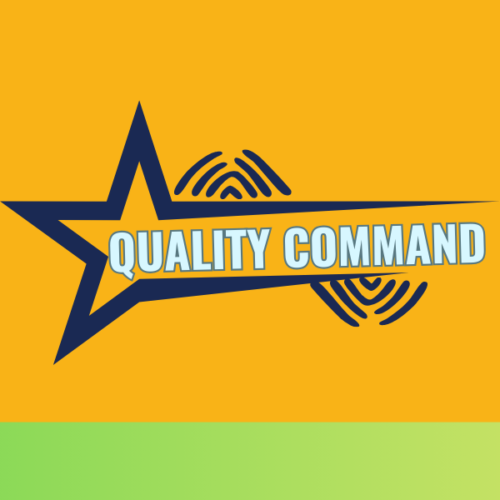Description
October 23, 2025
Under the Microscope: PLP Readiness in Accreditation 360
The Joint Commission’s Accreditation 360 is transforming how organizations approach compliance, replacing “survey prep” sprints with ongoing readiness. Join TMG and break down what Accreditation 360 means for credentialing, privileging, and quality oversight, and how PLPs can adapt workflows, documentation, and interdepartmental coordination to meet continuous compliance expectations.
Objectives:
Explain the core components and goals of Accreditation 360.
Identify the implications for PLP functions, including credentialing, privileging, and quality reporting.
Describe strategies to maintain year-round readiness and reduce the risk of noncompliance.
January 22, 2026
Policy Ripple: Federal Shifts Shaping PLP Workflows
Join Acorn Healthcare Credentialing Solutions and TMG
Register here: https://acorncredentialing.com/acorn-webinar-registration/
Registration: Free
Attendees Receive: 1 Continuing Education Certificate
Format: Live Webinar Only
Federal policy changes don’t stop at the C-suite; they reach the front door of provider lifecycle operations. Medicaid cuts, shifts in MIPS and MACRA, and evolving quality payment structures can all ripple through credentialing, enrollment, and quality workflows. Join TMG to decode the latest from the administration and translate complex policy changes into concrete operational actions.
Objectives:
Explain how federal policy changes affect PLP workflows.
Identify lifecycle functions most impacted by new regulations.
Describe steps to maintain compliance under shifting rules.
February 26, 2026
Green Light: Securing Employer Support for Professional Growth
PLPs play a vital role in organizational success, yet funding for certifications, conferences, and training is often the first to be cut. Join TMG to discover how to present professional growth as a strategic investment—building a persuasive business case, showing measurable return on investment, and identifying creative funding alternatives that keep your skills sharp and your career moving forward.
Objectives:
Explain the elements of an effective business case for professional development.
Identify strategies to demonstrate ROI to decision-makers.
Describe alternative funding options when budgets are limited.
May 28, 2026
Beyond the Walls: PLP Readiness for Expanding Care Models
Telehealth visits, mobile units, pop-up clinics, and in-home care are changing where and how patients receive services—and what’s required to support the providers who deliver them. For PLPs, these models can bring new licensure, privileging, enrollment, and quality requirements tied to the type of care, the setting, and applicable regulations. Join TMG to explore how expanding care models impact PLP work and the steps needed to keep providers compliant and ready to serve.
Objectives:
Explain 4 emerging care models.
Identify compliance considerations specific to telehealth, mobile, and in-home care delivery.
Describe strategies to ensure provider readiness in nontraditional care settings.
July 23, 2026
Funding Squeeze, Staffing Freeze: Succeeding When Resources Don’t Budge
The demand for accuracy, compliance, and efficiency in provider lifecycle work keeps growing, even when budgets shrink and hiring stalls. The challenge isn’t just doing more with less—it’s finding smarter ways to meet requirements, protect quality, and deliver results without new resources. Join TMG for a solutions-focused look at process refinements, technology leverage, and influence skills that help you thrive in a resource-tight environment.
Objectives:
Explain the operational pressures budget and staffing freezes create for PLPs.
Identify opportunities to streamline processes and reduce rework without lowering standards.
Describe ways to influence decision-makers and secure support.
September 23, 2026
Going the Extra Mile: Elevating Service in PLP Work
The concept of “unreasonable hospitality” isn’t just for restaurants; it’s a mindset that can transform provider lifecycle operations. By finding ways to exceed expectations of providers and colleagues, PLPs can build stronger relationships, improve collaboration, and create a culture of trust. Join TMG to explore practical ways to deliver exceptional service within busy, resource-limited environments.
Objectives:
Explain the principles of “unreasonable hospitality.”
Identify opportunities to exceed expectations.
Describe ways to integrate exceptional service into existing workflows.





